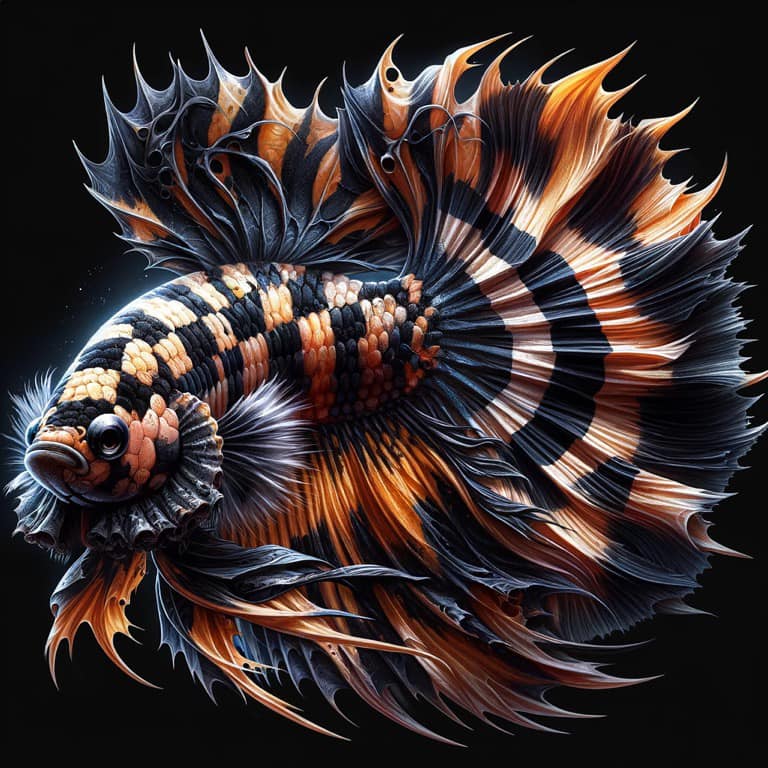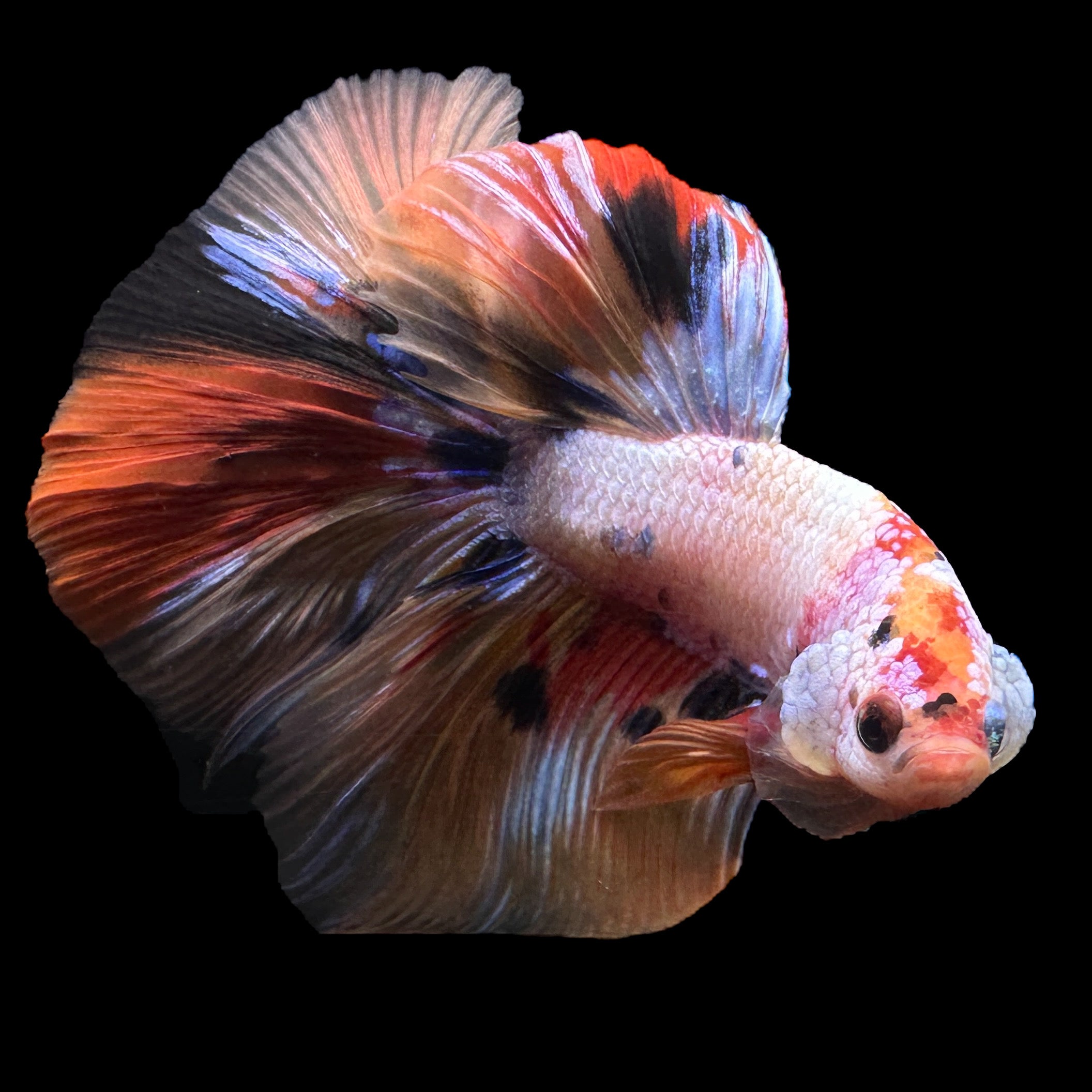The Ultimate Betta Fish Care Overview for New Pet Owners
The Ultimate Betta Fish Care Overview for New Pet Owners
Blog Article
The Ultimate Guide to Betta Fish Treatment: Vital Tips for Keeping a Healthy And Balanced and Thriving Aquarium Atmosphere
Effective Betta fish treatment requires an extensive understanding of their unique ecological and physiological demands. Establishing a suitable aquarium starts with selecting the right tank size and making sure optimal water problems, which are vital for the health and wellness and health of your Betta.
Picking the Right Tank
Choosing the ideal storage tank for your Betta fish is vital to guaranteeing its health and wellness and well-being. Bettas flourish in atmospheres that simulate their all-natural habitats, which normally include tranquility, cozy waters. A storage tank dimension of at the very least five gallons is suggested to give adequate swimming space, as smaller sized containers can lead to anxiety and wellness issues for these dynamic fish.
When picking a tank, think about the tank's shape and filtering system. A rectangle-shaped tank is more suitable to a dish, as it offers extra surface location for oxygen exchange. Furthermore, a trustworthy filtration system is essential to maintain water quality and minimize the frequency of water changes (betta fish). However, it is necessary to pick a filter with a gentle flow, as Bettas are not solid swimmers and might struggle versus strong currents.
Temperature level policy is an additional key element; Bettas like water temperature levels in between 76 ° F and 82 ° F. Investing in an excellent heater will guarantee that the water stays within this variety, promoting a healthy and balanced and active way of living for your Betta. Lastly, offering suitable storage tank decorations and concealing areas will assist decrease tension and encourage all-natural habits, better boosting your Betta's well-being.
Maintaining Water Top Quality
Keeping optimum water quality is vital for the health and durability of Betta fish. This calls for routine surveillance of different criteria, including temperature level, pH, ammonia, nitrite, and nitrate levels. Bettas thrive in temperature levels between 76 ° F and 82 ° F, so maintaining a steady temperature is vital. Abrupt variations can bring about anxiety and disease.
Regular screening using a dependable water testing package can help make certain these specifications remain within the proper arrays. Ammonia and nitrite degrees need to constantly be at 0 ppm, as even reduced concentrations can be toxic to Betta fish.
Routine water changes are vital to keeping water top quality. It is suggested to alter 25-50% of the storage tank water weekly, depending on the container size and stocking degrees. Using a high-grade water conditioner can assist remove hazardous chemicals from faucet water, ensuring a risk-free atmosphere. Furthermore, incorporating a robust filtration system can assist in keeping water clarity and top quality, providing a healthier habitat for your Betta fish.
Ideal Feeding Practices
Supplying a balanced diet is essential for the health and lively pigmentation of Betta fish, as their nutritional requirements play a substantial function in their total health. Betta fish are meat-eating by nature, needing a diet high in healthy protein. A combination of top notch pellets, frozen or real-time foods such as bloodworms, brine shrimp, and daphnia can supply the crucial nutrients they require.
Feed your Betta fish a couple of times a day, supplying just what they can consume within a couple of minutes to protect against overfeeding and maintain water high quality. Overfeeding can result in excessive weight and health and wellness issues, including swim bladder illness. It is important to monitor their dietary intake and readjust part dimensions accordingly.
In enhancement to protein, a balanced diet regimen must include nutrients to promote ideal health. Think my blog about supplementing their diet plan with top quality flakes or pellets especially formulated for Betta fish, as these usually have needed additives.

Developing an Appropriate Habitat

Water quality is vital; preserve a temperature in between 76 ° F and 82 ° F, and make sure the pH degree ranges from 6 - betta fish.5 to 7.5. Regular water modifications of 25-50% each week will certainly help keep toxic substances at bay and make certain a steady environment
Including plants and hiding places is important, as Betta fish are naturally territorial and take pleasure in having locations to check out and pull away. Live or silk plants, together with caves and accessories, can produce a stimulating setting.

Normal Health And Wellness Checkups
Performing regular health and wellness examinations is crucial for ensuring the health of Betta fish, as very early detection of possible problems can avoid major illness. These checkups need to encompass a complete assessment of the fish's physical condition, behavior, and environmental factors.
Begin by observing the Betta fish for any type of indicators of distress, such as sleepiness, loss of cravings, or unusual swimming patterns. Furthermore, check the fins and body for indications of discoloration, lesions, or fin rot, which can suggest infections or parasites. Routinely keeping track of the water quality in the aquarium is similarly important; criteria such as pH, ammonia, nitrite, and nitrate degrees should be preserved within ideal arrays to avoid stress and disease.
Additionally, consider maintaining a log of health and wellness monitorings and water top quality tests. my review here Timely treatment can make a significant distinction in the recuperation of your Betta fish, guaranteeing a lengthy and healthy and balanced life in a properly maintained aquarium environment.
Verdict
To conclude, successful Betta fish treatment rests on developing and keeping an optimum fish tank setting. Key aspects include selecting a suitably sized container, making sure constant water high quality, sticking to suitable feeding practices, and developing a habitat that decreases anxiety. Normal wellness appointments are vital for very early detection of possible problems. By adhering to these guidelines, aquarists can advertise the well-being and vibrancy of Betta fish, ultimately resulting in a thriving water environment.
Report this page